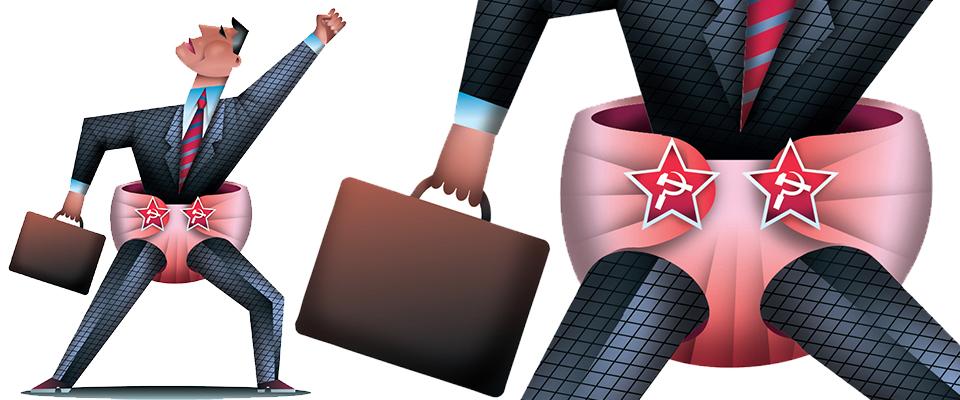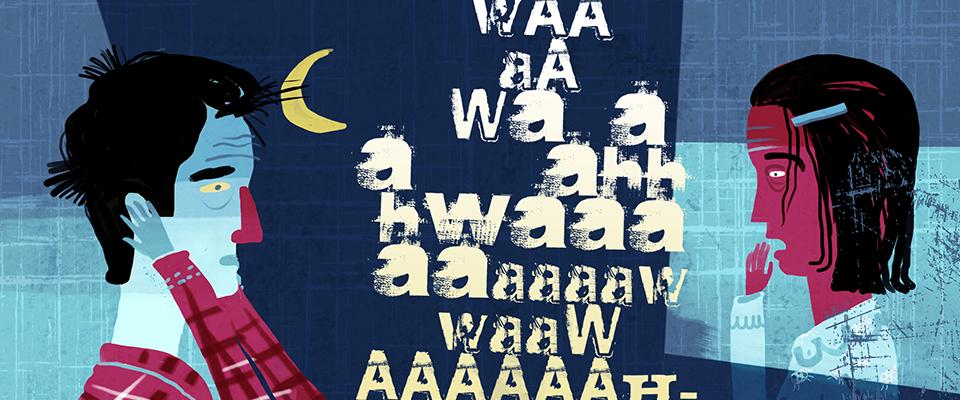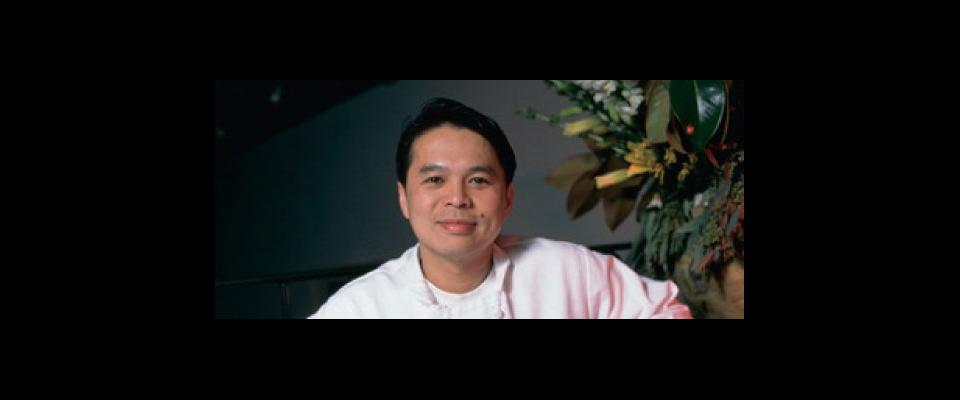I wasn’t quite a red diaper baby. More like a pink diaper baby. Kind of Communist-lite.
Before my parents had kids, both had been active members of the Communist Party in New York City, but in the early 1940s, they changed their name, moved to Berkeley, and enrolled in graduate school at Cal.
My mom didn’t hide her history. I saw photos of her marching in protests in New York City in the 1930s. In one, she was wearing overalls and looking very proletarian. In one hand was a sign with the hammer and sickle on it. Her other hand was raised in a fist. When I was very little, she’d sing me to sleep with socialist workers’ songs.
My dad was different. He never admitted to having been a Party member, but he never flat out denied it. His parents were immigrants from Eastern Europe. His dad died when he was five, and his mom raised three boys in a Lower East Side tenement. They were so poor that she rented out their beds to immigrants who worked night shifts. One of his brothers laughed when I asked him about that. “We didn’t have beds. We just had mats we rolled out, and that’s what your grandmother rented out during the day.”
At Cal, my mom earned a master’s in social welfare, and my dad got his MBA. She joined the Women’s Army Corps when war broke out, and my dad went on to become the controller at Golden Gate Fields, the local racetrack. A guy who was big in the steel industry owned some racehorses, and he somehow met my dad there and hired him.
My dad rose through the corporate ranks. Maybe 20 years later, he and another executive engineered a coup and took control of the company, which they expanded from building dams and bridges into port development and related maritime activities. Eventually, they bid on a contract with the Navy to remove all the ships that had been sunk in the Suez Canal in the 1967 Arab-Israeli war. My dad had to undergo a background check for his security clearance to get the government contract. I remember him being visibly tense about it.
Around that time, I was a student at Cal, and I had this cool job putting on concerts, screening movies, and hosting speakers on campus. They gave me a desk in Eshleman Hall, in an office I shared with the Young Communist League (YCL).
The head of the YCL was David Kaminski or Kapinski. Something like that. He was in the Chronicle after an opposing wing of the Party broke into his apartment one night and beat him up. He explained that it was the Trotskyite wing of the YCL, whereas he was part of the Stalinist wing. Or maybe it was the Bolsheviks who beat him up. I could never keep them straight. It’s crazy to think of 20-year-olds taking this stuff so seriously, but I guess that’s the point of being 20.
At my dad’s memorial service, I asked his brother whether my father was really that radical in his youth. “Yes,” he answered, “and it was so embarrassing. We were an immigrant family, and my mother and all our relatives here were so proud to be Americans, and here was your father giving speeches on street corners about overthrowing the government. When I joined the Army in 1941, he told me, ‘Good, we’ll need officers for the revolution.’”
I spent my junior summer abroad, tramping around Paris and London. Thinking of my office mates, I took a train to London’s Highgate Cemetery where Karl Marx is buried and got someone to take a picture of me standing at his gravesite. When school started in the fall, I showed the picture to Kaminski, who was neither impressed nor amused. He thought I was making fun of him, and I probably was.
The Young People’s Socialists League (YPSL, or Yip’-sill) had their office just across the hall. One of the young women who hung out there liked the picture and invited me to a party. Kaminksi must have had a thing for her, because she and I went out a few times and that really irritated him.
I ran into him 20 years later at a screening of Berkeley in the Sixties at the UC Theater. He was still really intense, now insisting that it was the CIA posing as Bolsheviks who’d beaten him up all those years ago. When he asked me what I was doing, I decided not tell him I’d become a banker. Kaminski always accused me of being totally bourgeois, and I could just hear him saying, “I knew it. I just knew you’d become an oppressor of the proletariat.”
In addition to oppressing the proletariat, Joe Garrett ’70, MBA ’75, is the author of Eighteen Letters from a Father to His Daughter.





















